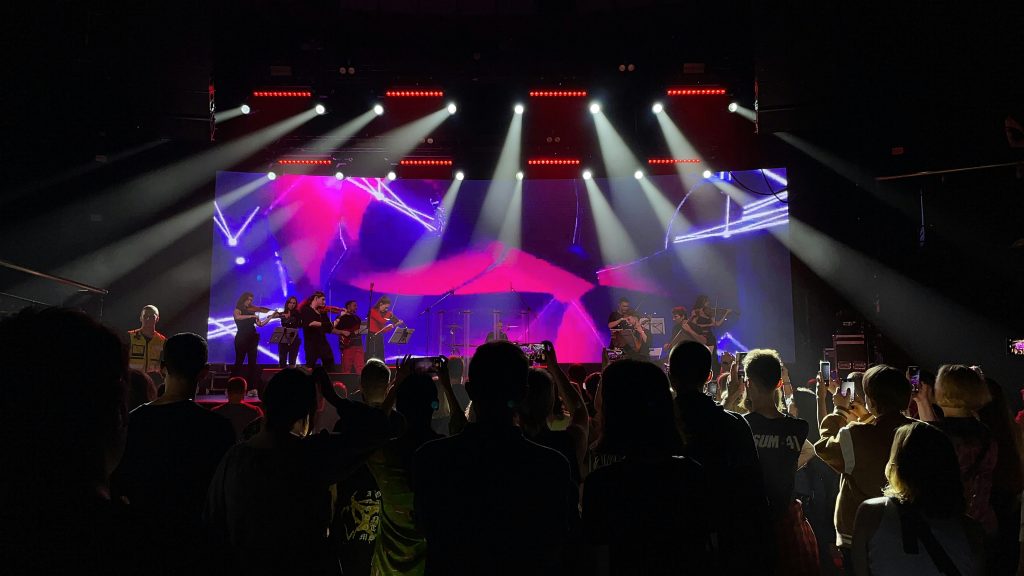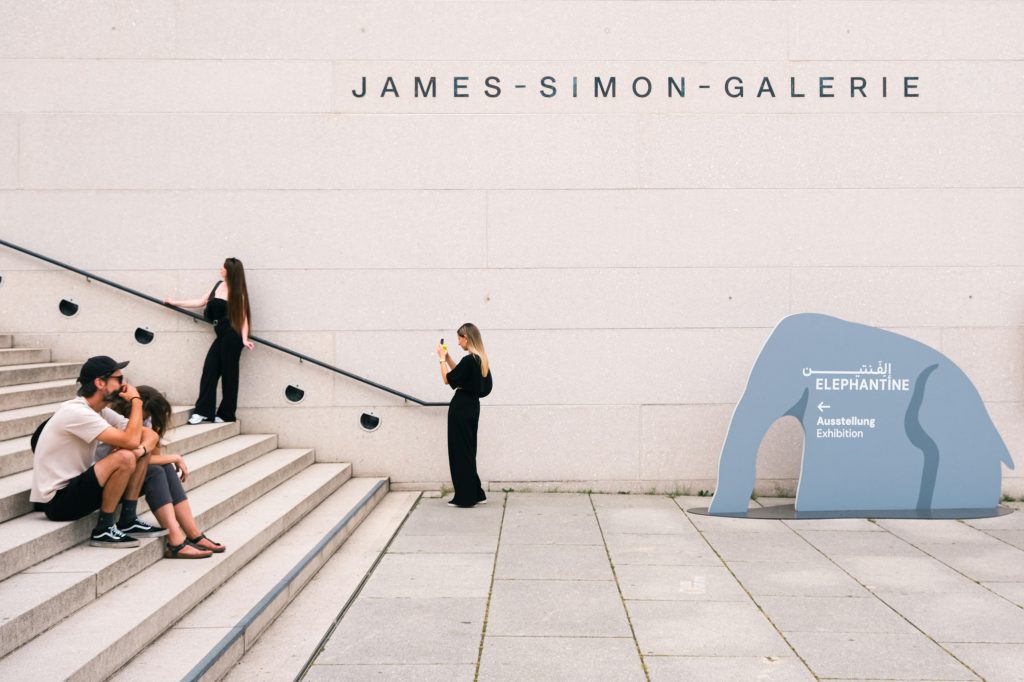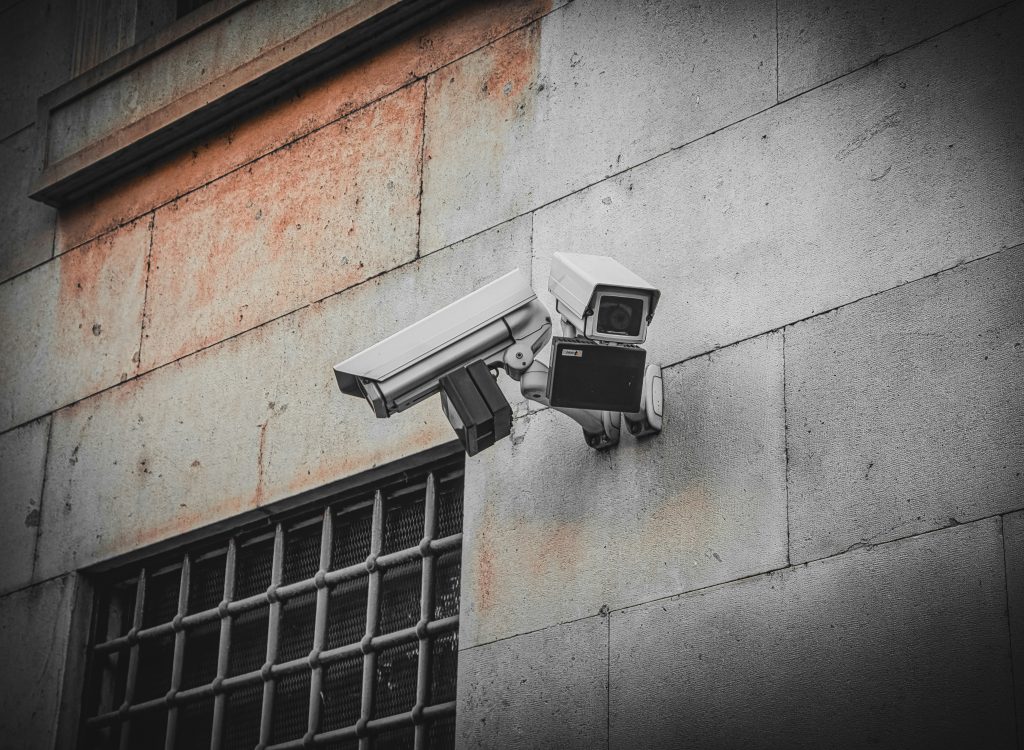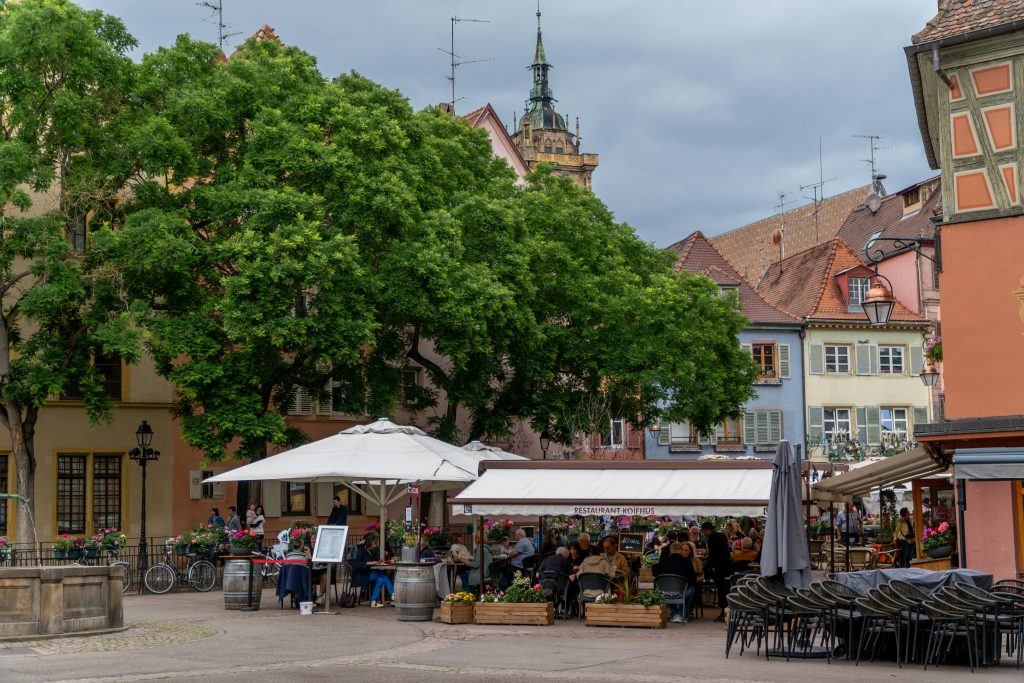Michelle Obama’s Absence from President Carter’s Funeral Sparks Speculation
## Michelle Obama’s Absence from President Carter’s Funeral Sparks Speculation
The passing of former President Jimmy Carter brought together a multitude of dignitaries and former presidents to pay their respects at his state funeral in Washington, D.C. However, one notable absence sparked considerable online discussion: former First Lady Michelle Obama.
While President Barack Obama was present to honor his predecessor, Michelle Obama’s absence was conspicuous and prompted a wave of speculation across social media and news outlets. Her office released a statement explaining her non-attendance, but the specifics remained undisclosed, fueling the public’s curiosity and leading to a flurry of commentary and conjecture.
##### The Mystery Surrounding Michelle Obama’s Absence
The lack of clarity surrounding Michelle Obama’s absence only heightened the public interest. The statement from her office, while confirming her absence, offered no further explanation, leaving room for a wide range of interpretations. Some speculated about potential scheduling conflicts, while others considered possible health concerns or personal reasons. The mystery surrounding her absence has transformed the event into a captivating news story, with many searching for answers and fueling the online conversation.
The event served as a reminder of the enduring fascination surrounding public figures and their lives. The public’s intense interest in the former First Lady highlights the public’s curiosity about the private lives of those in the limelight.
##### Beyond the Speculation: A Reflection on Public Figures and Privacy
The intense media scrutiny and public speculation surrounding Michelle Obama’s absence underscore the complexities of maintaining privacy in the public eye. While the public has a right to be informed, it is essential to respect the boundaries of private life, particularly when dealing with personal matters. The lack of concrete information and the resulting speculation raise questions about the balance between the public’s right to know and the protection of individual privacy.
The incident also highlights the unique challenges faced by public figures, particularly those who have previously held prominent positions. The constant media attention and public scrutiny can create significant pressure and restrict personal freedom and autonomy.
Despite the lack of concrete answers, the event provided a valuable opportunity to examine the societal dynamics at play. It highlighted the pervasive influence of social media in shaping public discourse, with the absence of a public figure quickly becoming a trending topic. It also showcased the enduring fascination with public figures and the complexities of maintaining a semblance of privacy within the public sphere.
The intrigue surrounding Michelle Obama’s absence underscores a key aspect of modern media—the constant demand for information and the public’s desire to understand the actions of influential figures. The story highlights how even the smallest details in the lives of public figures can become significant news, sparking public debate and highlighting the tension between public curiosity and individual privacy.
This captivating event provides a compelling case study in the dynamic interplay between public figures, media attention, and the ever-evolving landscape of social media and news dissemination.
The lack of definitive information only adds to the enduring interest in the story, ensuring that it will continue to be discussed and analyzed for some time to come.
This situation serves as a reminder of the inherent complexities in balancing public curiosity with the need to respect the privacy of individuals, even those in the public eye.
Tags: Jimmy Carter Funeral, Michelle Obama, News Analysis, Political News, Privacy, Public Figures, Social Media, Speculation
Meta Scraps Fact-Checking Program, Embraces Community Moderation
## Meta’s Controversial Shift: Goodbye Fact-Checkers, Hello Community Notes
Meta Platforms, the parent company of Facebook and Instagram, has announced a dramatic overhaul of its content moderation policies, sparking significant debate and raising concerns about the spread of misinformation. The company has decided to discontinue its third-party fact-checking program in the United States, opting instead for a community-driven approach using its Community Notes feature.
A New Era of User-Driven Moderation
This decision, announced by CEO Mark Zuckerberg, marks a significant departure from Meta’s previous strategy. The company cited biases among expert fact-checkers and the sheer volume of content requiring review as reasons for the change. Instead, users will be empowered to flag potentially false or misleading information, with notes added by the community to provide context and counter-narratives.
The move has been met with mixed reactions. While some applaud the increased user involvement and potential for broader perspectives, others express concerns about the potential for increased misinformation and manipulation. The lack of centralized oversight raises questions about the effectiveness and fairness of this new system.
Beyond Fact-Checking: Broader Policy Changes
The termination of the fact-checking program is just one element of a broader shift in Meta’s content moderation policies. The company has also indicated a reduction in restrictions on discussions surrounding controversial topics. This decision has led to speculation about Meta’s response to the political climate and potential alignment with certain political viewpoints.
The changes extend to Meta’s other platforms, including Instagram and Threads, solidifying the company’s commitment to this new direction. The timing of these announcements, coinciding with significant political transitions, has further fueled speculation about the motivations behind these sweeping changes.
Board Changes and Implications
Further adding to the complexity of the situation, Meta has appointed three new members to its board of directors. Among them is Dana White, president of the Ultimate Fighting Championship, known for his outspoken political views. This appointment has raised questions about potential shifts in the company’s governance and overall direction.
The implications of these decisions are far-reaching. The potential impact on the spread of misinformation and the role of social media platforms in shaping public discourse remain to be seen. The move represents a significant experiment in content moderation, with the success or failure of the Community Notes system potentially setting a precedent for other social media companies.
The shift to a community-driven approach raises numerous questions. How will Meta ensure the accuracy and fairness of community-generated notes? How will they address potential bias and manipulation within the system? These are crucial considerations, and Meta’s response to these challenges will be pivotal in determining the long-term consequences of this dramatic policy change.
The long-term consequences remain uncertain. Will this new approach effectively combat misinformation, or will it exacerbate the problem? Only time will tell whether Meta’s gamble pays off, transforming content moderation or creating a new wave of challenges. The debate is far from over, and the world watches as Meta navigates this uncharted territory.
The transition period will be crucial in determining the overall impact of these changes. Careful monitoring and analysis of the outcomes will be necessary to assess the effectiveness and implications of this bold and controversial decision.
This evolving situation demands constant vigilance, compelling ongoing discussion about the responsibility of tech giants in shaping the information landscape and the role of communities in moderating online content. The future of online discourse may well depend on the success – or failure – of this experiment.
Tags: Board Appointments, Community Notes, content moderation, Dana White, Facebook, Fact-Checking, Instagram, Mark Zuckerberg, Meta, Misinformation, Policy Changes, Social Media
Diplo’s Unexpected New Year’s Eve Revelation: A Live LSD Trip on CNN
## Diplo’s Shocking LSD Admission During CNN’s New Year’s Eve Broadcast
The world rang in 2025 with an unexpected twist thanks to DJ and music producer Diplo. During a virtual appearance on CNN’s New Year’s Eve Live with Andy Cohen and Anderson Cooper, Diplo revealed he was under the influence of LSD. The candid confession, delivered live to millions of viewers, instantly went viral, sparking widespread discussion and debate.
The seemingly impromptu admission unfolded during a segment with the CNN hosts. Diplo, joining from Los Angeles, shared details about his experience, creating a surreal and unforgettable moment for both viewers and the hosts themselves. While the specifics of his comments remain a topic of conversation, the very fact of a high-profile celebrity admitting to being on LSD during a live television broadcast is unprecedented.
This unexpected turn of events has triggered a significant online conversation. Social media platforms exploded with reactions ranging from amusement and shock to criticism and concern. Many praised Diplo’s honesty and openness, while others questioned the appropriateness of his actions given the public nature of the interview. Some users pointed to the potential implications for the perception of drug use among young audiences, and many continue to discuss the event across various online platforms.
The incident highlights the blurring lines between public image and private life in the age of social media, as well as the ongoing conversations surrounding drug use and mental health. Diplo’s admission is not just a viral moment; it serves as a catalyst for broader discussions about the public disclosure of substance use, mental wellness, and the responsibilities of public figures.
The impact of this revelation extends beyond the immediate viral buzz. It raises questions about the culture of live television and the preparedness of hosts to handle such unexpected situations. The implications for the future of live interviews, especially those incorporating virtual guests, remain to be seen. This instance might force a review of interview protocols, especially in situations with a level of informality.
Beyond the immediate controversy, Diplo’s unexpected confession might spark discussions about the stigma around psychedelic substances and their potential therapeutic applications. While the incident is undoubtedly controversial, it has undeniably captivated a global audience, prompting reflections on topics rarely discussed so openly in mainstream media.
The incident raises intriguing questions about the future of broadcasting, celebrity conduct, and the ever-evolving relationship between public figures and their audiences in the digital age. It’s a story that will continue to resonate long after the confetti has settled, prompting important conversations about many aspects of modern society.
While the incident is undoubtedly controversial, it has undeniably captivated a global audience, prompting reflections on topics rarely discussed so openly in mainstream media. Further analysis is required to understand the full impact of Diplo’s actions, both on public perception and the future of live television.
The fallout of this unexpected revelation is still unfolding, and the discussion it has ignited promises to be long-lasting and impactful.
Tags: Celebrity Confession, CNN, Controversy, Diplo, Diplo LSD Confession, Drug Use, Live TV, LSD, New Year's Eve, Social Media, Viral Moment
The Mystery of the Ghost Ship: Fact or Fiction?
In a world where social media spreads information faster than ever, the tale of a ghost ship supposedly washed ashore in St. Augustine after Hurricane Milton has captured the imagination of many. This narrative, which gained traction on Facebook, claimed that a 1700s-era ghost ship had emerged from the depths, intriguing both skeptics and believers alike. However, as is often the case with sensational stories, the truth is not as compelling as the myth.
Maritime archaeologist Chuck Meide has weighed in on the matter, clarifying that the viral image and the accompanying story are not grounded in reality. The image, which sparked widespread discussion and debate online, appears to have been manipulated or misrepresented. Meide’s expertise sheds light on how easily misinformation can spread, particularly in the age of digital communication.
The allure of ghost ships is not a new phenomenon. Historically, tales of phantom vessels have circulated among sailors and coastal communities. These stories often serve as cautionary tales or legends that enrich the maritime lore of a region. The concept of ghost ships evokes images of lost souls, forgotten voyages, and the mysteries of the deep sea. Such narratives can captivate audiences, creating a blend of fear and fascination.
The rise of social media has provided a platform for these stories to flourish. A single post can reach thousands, if not millions, of users in a matter of hours. This rapid spread of information can blur the lines between fact and fiction, leading people to question the credibility of what they see online. One commenter on the viral post even questioned whether the content was AI-generated, showcasing the growing skepticism surrounding digital media.
Despite the lack of evidence supporting the existence of the ghost ship in St. Augustine, the story has reignited interest in maritime archaeology and the eerie tales that accompany it. It reminds us of the rich tapestry of human experience woven into the history of our oceans. From shipwrecks to legendary creatures, the sea is synonymous with mystery and adventure.
In conclusion, while the ghost ship of St. Augustine may not be a reality, its story reflects a broader cultural phenomenon where folklore meets modern technology. As we navigate the waters of information in our digital age, it is crucial to approach sensational claims with a critical eye. Whether rooted in truth or imagination, stories of ghost ships will continue to haunt our collective consciousness, urging us to explore the depths of both the sea and our understanding of the world around us.
Tags: ghost ship, Hurricane Milton, maritime archaeology, myth, Social Media
Meta’s CEO Admits Government Pressure on Content Moderation Amid Controversy
In a recent letter to the House Judiciary Committee, Meta’s CEO expressed regret over the company’s response to governmental pressure regarding content moderation on its platform. This marked a significant moment in ongoing discussions about the balance between free speech and the responsibilities of social media companies. Zuckerberg revealed that his team faced considerable influence from the federal government, especially during the COVID-19 pandemic, leading to decisions that many now question.
The correspondence, addressed to Rep. Jim Jordan, highlighted the complexities of navigating regulatory expectations while maintaining a commitment to free expression. Zuckerberg acknowledged that, while it was ultimately Meta’s decision to remove certain content, he believes the pressure exerted by the administration was inappropriate. His statements have sparked a broader conversation about the extent to which government entities can influence private companies in the realm of information dissemination.
Critics argue that such pressures undermine the foundational principles of free speech, raising alarms about potential overreach by those in power. As social media platforms continue to play a pivotal role in public discourse, the challenges of managing misinformation, particularly during critical times like a pandemic, become increasingly pronounced.
Zuckerberg’s admission may serve as a catalyst for further inquiries into the relationship between tech giants and government interventions. It also reflects a growing need for clearer guidelines on content moderation policies that respect user rights while addressing public health and safety concerns. As the debate continues, stakeholders from various sectors will be watching closely to see how Meta and other social media companies evolve their practices in response to these revelations.
The implications of this situation extend beyond Meta; they touch upon the broader landscape of digital communication and the responsibilities that come with it. The dialogue surrounding free speech and corporate accountability is far from over, and how these issues are resolved could set significant precedents for the future of social media governance.
As we navigate this complex terrain, it is crucial for lawmakers, companies, and the public to engage in meaningful discussions about the ethical responsibilities of social media platforms and the role of government in regulating content. The stakes are high, and the outcomes will undoubtedly shape the future of digital interaction and public discourse.
In conclusion, Zuckerberg’s recent revelations underscore the urgent need for transparency and accountability in the digital age. As society grapples with the implications of technology on communication, it is essential to foster an environment where free speech is protected while also addressing the need for responsible content moderation.
Tags: content moderation, COVID-19, Free Speech, Government Pressure, Mark Zuckerberg, Social Media
The Rising Influence of Kamala Harris’ Daughters in Social Media and Beyond
As the spotlight continues to shine on Vice President Kamala Harris, her daughters, particularly Meena Harris, are carving out their own identities in the public eye. With over 2 million followers on TikTok, Meena has become a notable media personality, utilizing her platform to engage with a younger audience on various social issues. Her marriage to a Facebook executive highlights the intersection of her personal and professional life within the tech-savvy environment of Silicon Valley.
Meena’s journey goes beyond social media fame; she is an advocate for social justice and has published several books aimed at empowering young girls and women. Her efforts are particularly resonant in today’s climate, where discussions around equality and representation are more crucial than ever. The challenges faced by women and minorities are themes that Meena not only addresses through her work but also embodies as a public figure.
Moreover, Harris’ other daughter, Ella Emhoff, has recently gained attention for her unique fashion sense and artistic endeavors. Ella, who is also a model, has become a symbol of youthful creativity, frequently participating in fashion events and collaborations that challenge conventional norms. Her embrace of individuality and self-expression is inspiring a new generation to celebrate their uniqueness.
The influence of Kamala Harris’ daughters extends into various realms, from social activism to the arts, making them role models for young women everywhere. As they continue to navigate their paths in the public sphere, they are redefining what it means to be a part of a political legacy while also carving their own niches.
Their stories serve as a reminder that the impact of prominent figures transcends their own achievements; it also encompasses the aspirations and voices of the next generation. Meena and Ella Harris exemplify this transition, standing at the forefront of a movement that champions diversity, creativity, and empowerment.
As they continue to build their brands and platforms, it will be fascinating to see how they further influence the cultural landscape, inspiring others to engage in meaningful conversations and actions around the issues they care about. With the support of their mother and the lessons learned from her experiences, the Harris daughters are poised to make significant contributions in their respective fields, amplifying the call for change and representation that is so desperately needed today.
In a world where social media plays a crucial role in shaping public perceptions, Meena’s and Ella’s engagements highlight the significance of authenticity and connection, urging young individuals to leverage their voices for the greater good. As these daughters of a historic vice president continue to make waves, they embody the potential for a brighter, more equitable future that honors diversity and inclusivity.
Tags: Ella Emhoff, Kamala Harris, Kamala Harris children, Meena Harris, Social Media, Youth Empowerment
Alicia Silverstone’s TikTok Adventure Raises Alarm Over Potentially Poisonous Fruit
In a recent TikTok post that has left fans both amused and worried, actress Alicia Silverstone has found herself at the center of an unexpected controversy. The video, which quickly went viral, depicts Silverstone picking a fruit from a bush near her home and taking a bite out of it, prompting viewers to identify the berry as potentially poisonous.
The reaction from the audience has been swift. Concerned fans flooded social media with messages expressing their worry for the actress’s health after witnessing the seemingly reckless act. Many viewers were quick to identify the fruit as that of the pokeweed plant, known for its toxic properties. While some fans took the opportunity to make light-hearted jokes about Silverstone’s well-known role in the film “Clueless,” others were genuinely alarmed, questioning the actress’s decision to consume something without knowing its safety.
Silverstone, who has always been known for her quirky personality, initially seemed unfazed by the commotion. In the video, she can be seen reaching through a fence to grab the fruit, asking her followers if anyone could identify it. This interaction has sparked a wave of commentary online, with many users weighing in on the safety of foraging for wild plants, especially those that may not be well-known to the general public.
Experts have weighed in on the situation, cautioning against the dangers of consuming unknown fruits. Foraging can be a rewarding activity, but it carries risks, particularly when it comes to identifying edible versus toxic plants. The pokeweed, which was speculated to be the berry in question, contains compounds that can be harmful or even fatal if ingested in large quantities.
The incident has raised broader questions about celebrity culture and the responsibilities that come with having a platform. As public figures share their lives in real-time through social media, the line between authenticity and recklessness becomes increasingly blurred. Alicia Silverstone’s playful yet alarming video serves as a reminder that while spontaneity can be entertaining, it can also pose serious risks.
As discussions continue, many fans are left wondering: how much risk is acceptable for a moment of fun on social media? Silverstone’s video may have started as a light-hearted exploration of nature, but it has evolved into a critical conversation about safety, awareness, and the potential consequences of our choices in the digital age.
In the end, this episode in Silverstone’s life not only serves as a cautionary tale but also highlights the need for greater awareness when it comes to the foods we consume, even those found in our own backyards. Whether a fan of her work or just a casual observer, the public’s reaction to this incident reflects a collective concern for the well-being of those we admire from afar.
As TikTok continues to shape the landscape of celebrity interactions, it remains to be seen how Silverstone will address the concerns raised by her followers. Will she clarify her intentions in the video, or will this incident fade into the background of her vibrant career? Only time will tell, but for now, the world is watching, and the lessons learned from this berry-picking escapade may have a lasting impact on how we engage with food and nature in the digital era.
Tags: Alicia Silverstone, foraging, health risks, Social Media, TikTok
Elon Musk’s Scheduled Interview with Donald Trump Disrupted by DDoS Attack
In a highly anticipated online interview between billionaire entrepreneur Elon Musk and former President Donald Trump, technical difficulties marred the event just before it was set to begin. Users on Musk’s social media platform, X, were met with a frustrating message stating, ‘this space is not available,’ leading to widespread speculation and disappointment among millions of eager viewers. Musk, known for his innovative ventures and controversial statements, took to the platform to disclose that the interruption was due to a major Distributed Denial of Service (DDoS) attack targeting X. This cyber assault, Musk indicated, was significant enough to halt the live conversation that was drawing considerable attention as Trump vies for the Republican presidential nomination in 2024. The situation has raised concerns about the security and reliability of online platforms, especially as they host high-stakes political dialogues. As the wait continued, users expressed their frustration, with many taking to other social media channels to voice their opinions on the disruption. Musk’s revelation of a DDoS attack is particularly noteworthy given the increasing frequency of such cyber threats in our digitally connected world. DDoS attacks, which overwhelm a server with traffic to render it inoperable, are becoming a more common tactic used by malicious actors seeking to disrupt services, especially during events that attract large audiences. The incident not only highlights the vulnerabilities that exist within social media infrastructures but also underscores the critical need for robust cybersecurity measures to protect against such interruptions. As viewers were left in limbo, the incident prompted discussions around the implications of technology in political discourse, and how social media platforms serve as modern arenas for public engagement. The failure to deliver the interview as planned raises questions about the preparedness of tech companies to manage high-traffic events without compromising user experience. As the dust settles on this incident, it serves as a reminder of the fragile nature of online interactions, especially when they involve prominent figures and sensitive topics. The tech community and political analysts alike will be watching closely for any updates on the security measures that may be implemented to prevent similar incidents in the future. In the meantime, both Musk and Trump have yet to reschedule their conversation, leaving many to wonder if the anticipated dialogue will eventually take place amid ongoing discussions about the intersection of technology and politics.
Tags: cybersecurity, DDoS attack, Donald Trump, Elon Musk, Social Media
Bradford Riots: A Call for Unity and Protection Amid Rising Tensions
In recent days, Bradford has been at the center of rising tensions, culminating in a series of riots that have left the community shaken and seeking answers. The unrest, which has been fueled by concerns over safety and the protection of individuals from targeted violence, has prompted leaders and activists to call for immediate action to restore peace and unity within the city. Humma Nizami, the executive director of the Race Equality Network in Bradford, has highlighted the urgent need for measures that ensure the safety of all community members, particularly those who may be vulnerable to attacks based on race or identity. Nizami emphasized that the current situation demands not just a response from law enforcement but a collective effort from all sectors of society to foster understanding and prevent further escalation. As tensions rise, the local authorities are urged to engage in open dialogues with community leaders to address the underlying issues that have led to the riots. This includes tackling discrimination, promoting inclusivity, and ensuring that every citizen feels secure in their environment. The calls for unity are echoed by many who believe that the strength of Bradford lies in its diversity and that the community must stand together against divisions. The riots have also sparked discussions about the role of social media in exacerbating conflicts. Misinformation and incendiary rhetoric can spread rapidly online, inflaming passions and leading to real-world consequences. Experts suggest that there must be a concerted effort to combat misinformation, educate the public on responsible social media usage, and promote narratives that foster peace rather than division. Community initiatives have begun to emerge, focusing on reconciliation and healing. Workshops, forums, and community gatherings are being organized to provide safe spaces for dialogue, allowing residents to express their concerns and work towards solutions collaboratively. The emphasis is on building bridges rather than walls, promoting understanding across different cultural and ethnic backgrounds. As Bradford navigates this challenging period, the hope is that the city can emerge stronger and more united. The path forward will require courage, commitment, and a collective desire to confront the challenges head-on. Leaders from all walks of life must come together to ensure that such unrest is not the new normal but rather a catalyst for positive change. The lessons learned from these riots will be crucial in shaping the future of Bradford. It is a pivotal moment that calls for reflection, action, and a renewed dedication to the principles of equality and respect for all individuals. Only through unity and proactive measures can the community reclaim its sense of safety and belonging, paving the way for a brighter future.
Tags: Bradford, Bradford riots, community safety, riots, Social Media, unity
Elon Musk Faces Backlash Over Controversial Comments Amid Legal Battle with OpenAI
In a recent wave of controversy, tech billionaire Elon Musk has ignited discussions surrounding his remarks on social media, which many have deemed incendiary. Following a distressing video that depicted rioters launching fireworks at police, Musk took to his platform to comment on what he described as a potential ‘civil war’. This statement has drawn sharp criticism from political figures, including Keir Starmer’s spokesperson, who emphasized that the violence seen in the video was perpetrated by a ‘small minority’ that does not represent the sentiments of the broader British public. The spokesperson further stated that there is ‘no justification’ for Musk’s comments, underscoring the need for responsible discourse in times of unrest.
As the backlash against Musk’s comments continues to grow, it coincides with his ongoing legal disputes with OpenAI, the artificial intelligence company he co-founded. Musk has reignited a lawsuit against the firm, alleging that it, along with its CEO Sam Altman, prioritized profits over public good. This legal battle highlights Musk’s longstanding opposition to the direction that OpenAI has taken since he stepped back from the organization. In his accusations, Musk claims that he was manipulated into co-founding the company and is now seeking justice for what he perceives as breaches of contract and fraud.
The intersection of Musk’s controversial social media presence and his legal struggles reflects the broader concerns surrounding the influence of tech moguls in today’s society. As social media platforms increasingly serve as a battleground for public opinion, the responsibility of their owners becomes a topic of intense scrutiny. Critics argue that Musk’s influence can lead to dangerous rhetoric, especially during politically charged moments.
Moreover, the implications of his lawsuit against OpenAI extend beyond personal grievances; they raise significant questions about the ethics of artificial intelligence development and the responsibilities of those who lead such enterprises. Musk’s return to the legal arena not only emphasizes his turbulent relationship with OpenAI but also signals a larger conversation about the accountability of tech leaders in shaping public discourse and the future of technology.
As this situation unfolds, it remains to be seen how Musk will navigate the backlash against his statements and the implications of his ongoing litigation. The public’s perception of him, already polarized, could shift dramatically depending on the outcomes of both the legal proceedings and the reactions to his social media activities. Stakeholders in tech, politics, and civil society are closely watching, as Musk’s actions may set a precedent for how influential figures engage with pressing social and ethical issues in a digital age.
In conclusion, the convergence of Musk’s incendiary comments on social media and his legal battle with OpenAI presents a compelling narrative about the responsibilities of tech leaders. As the debate continues, it is clear that the actions of individuals like Musk can have far-reaching consequences, not only for themselves but for society at large.
Tags: AI Ethics, Civil War, Elon Musk, OpenAI, Social Media










